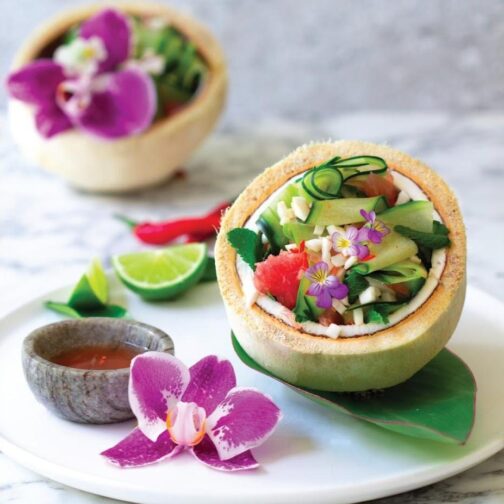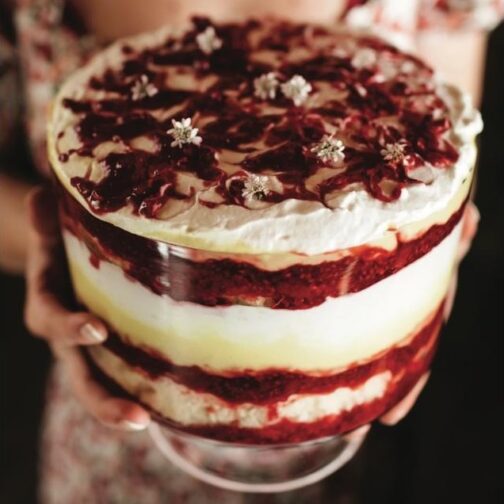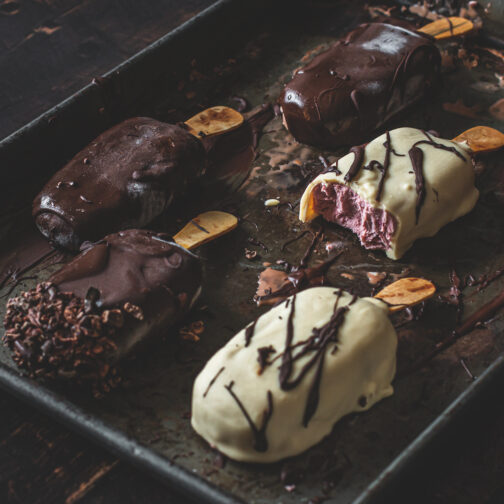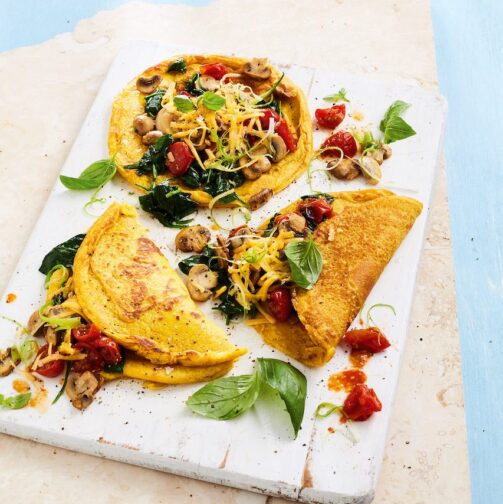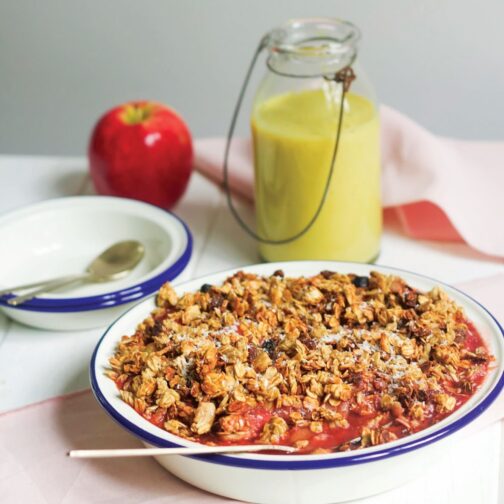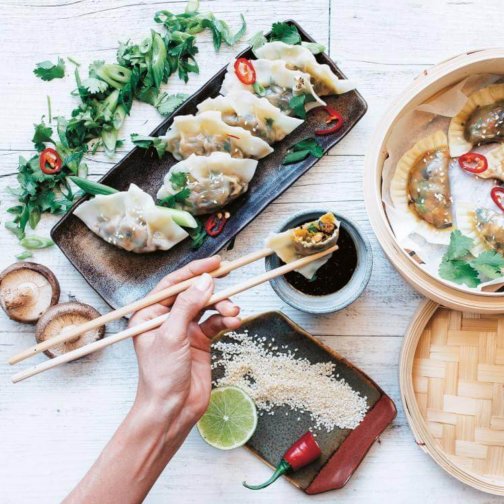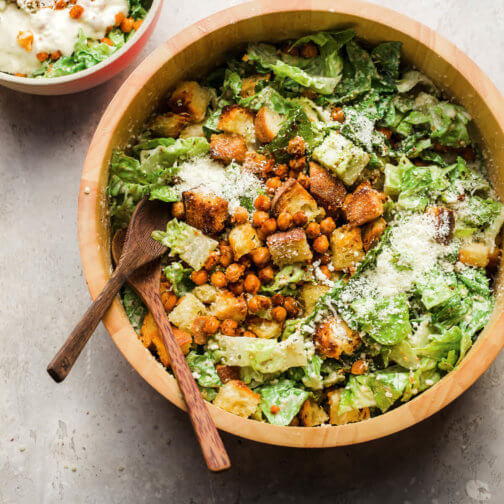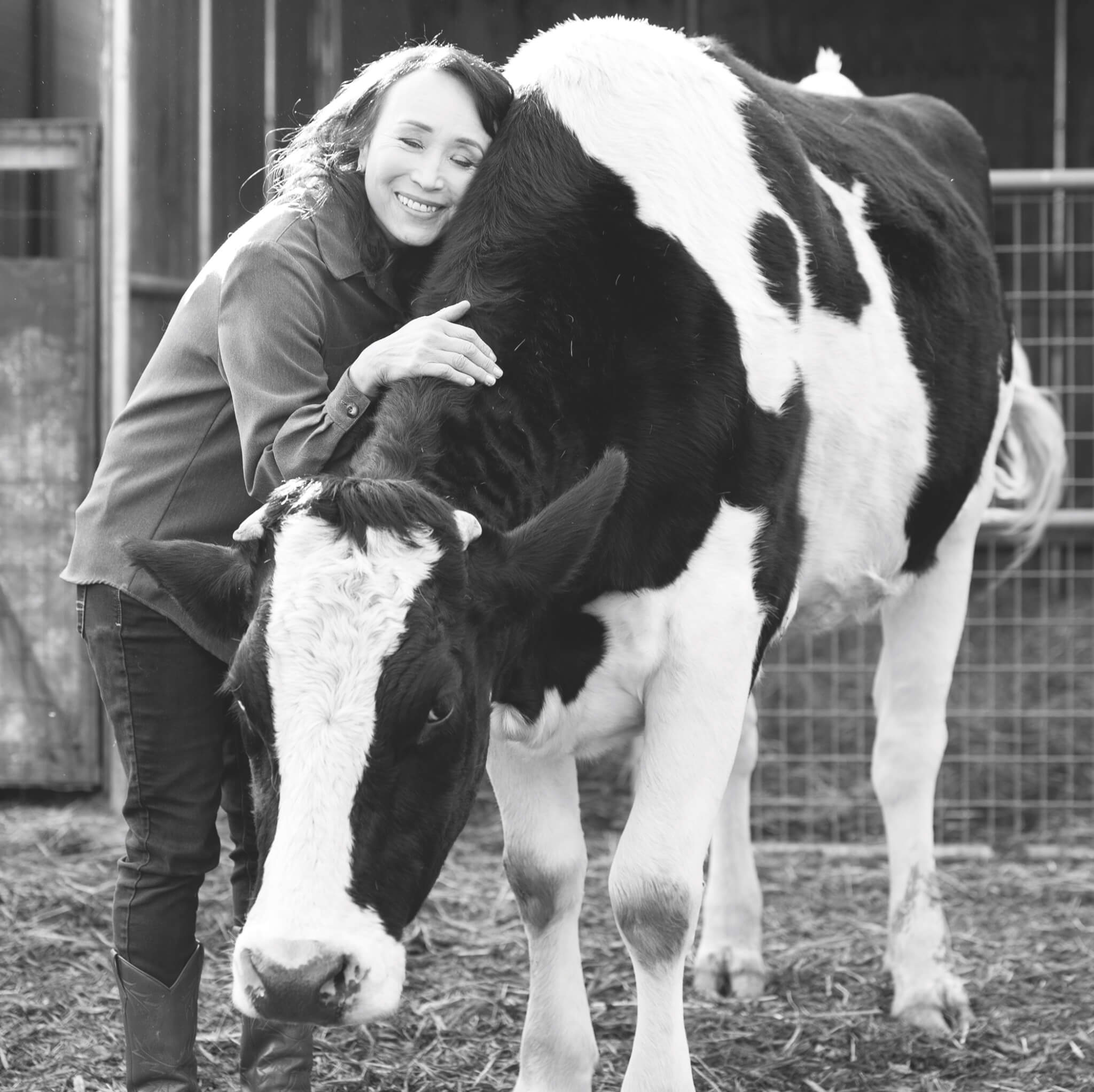
With an interest in plant-based eating sparked nearly 40 years ago, Miyoko Schinner revolutionised dairy-free cheese and butter alternatives. And we simply love her for that!
In the mid-1980s, Miyoko Schinner was travelling on the subway in Tokyo each day, carrying pound cakes in her backpack that she’d baked to deliver to her customers. She’d just started her first business and, in her words, “didn’t have a clue what I was doing”.
It was around this time that she read an article about veganism that kickstarted her journey to becoming the mega-successful entrepreneur she is today. “I was a cheating vegan for a few years,” she says. “I was mostly vegan, but occasionally I’d indulge in cheese on a pizza. But over the years, veganism allowed me to find my profession, which was to make food.”
In 1994, Miyoko opened a vegan restaurant called Now and Zen in San Francisco, expanded it into a natural food company, and then sold it nine years later. She also launched other food products before taking time out to raise her three children. “I started down a path of exploring food and using ingredients in nontraditional ways to replicate the foods I loved. It awakened a certain creativity,” she says.
AT THE HELM OF A REVOLUTION
A midlife crisis in her 50s saw Miyoko reckoning with how she wanted to spend the rest of her life. “I was selling real estate,” she explains. “I was making a lot of money, but one day I woke up and realised I wasn’t making an impact in the world and felt empty.” Miyoko reignited her passion for making food and, in 2012, wrote her game-changing cookbook Artisan Vegan Cheese, which quickly became a bestseller. Despite having “no intention of ever starting a business again”, she was encouraged by the vegan community to do just that.
In 2014, Miyoko’s Kitchen (later renamed Miyoko’s Creamery) was born. “I realised that if I didn’t do it, somebody else would, and there’s no one better than me,” says Miyoko, 64. “I was an old lady when I started the business, and I’m younger today than ever.” Her creativity combined with a fierce determination to make the world a kinder place for people, animals, and planet has earned Miyoko the moniker of ‘Queen of Vegan Cheese’.
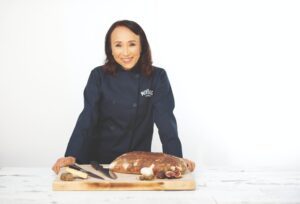
A FIGHT FOR THE FUTURE OF FOOD
Based in the San Francisco Bay area, Miyoko’s has created a range of award-winning products that are stocked in more than 10,000 retailers across the US. They include cashew-based cheeses and vegan butters that have redefined the vegan dairy category.
But it hasn’t all been smooth sailing. In 2019, the California Department of Food and Agriculture (CDFA) demanded Miyoko’s remove the terms ‘cheese’ and ‘butter’ from its packaging and marketing, despite the words ‘vegan’ and ‘made from plants’ being clearly displayed. It argued that consumers would be ‘confused’ into thinking they were buying animal-based dairy products.
Miyoko’s responded by bringing a lawsuit against the state of California, backed by the Animal Legal Defense Fund, claiming the CDFA was infringing the company’s free speech rights – and won. “It was a huge blow to the dairy industry, and it helped set a precedent, not only for our products but for the industry as a whole,” says Miyoko.
When asked why she stepped up to bring the lawsuit, Miyoko says it’s in her nature to fight injustice. “We’re at the helm of a revolution that’s taking place,” she asserts. “This wasn’t just a fight for our company or even the industry, it was a fight for the animals and for the future of food.”
CAN VEGAN CHEESE SAVE THE PLANET (AND FARMERS)?
With animal agriculture shown to be a key contributor to climate change and environmental devastation, can vegan cheese provide a solution? According to Miyoko, it can. “We did a lifecycle analysis that showed our products are up to 98 percent lower in greenhouse gas emissions than their animal-based dairy counterparts,” she reveals. “They also use far less water and land.” A Harvard scientist who conducted the analysis on behalf of Miyoko’s found that one acre of land can yield 6,000 pounds of cashew-based cheese compared to just 182 pounds of animal-based dairy cheese.
But what does this mean for dairy farmers as consumers seek out these more sustainable options and large food manufacturers cancel farmers’ contracts? Rather than taking an ‘us-versus-them’ approach, Miyoko’s wants to help dairy farmers transition to making animal-free alternatives. To this end, the company recently launched the Dairy Farm Transition initiative where individual farmers can apply and receive help and funding to make the switch. “Farmers are at a loss as to what they’re going to do with their lives,” says Miyoko. “So we’re trying to be one solution and aiming to create a blueprint for others to follow as well.”
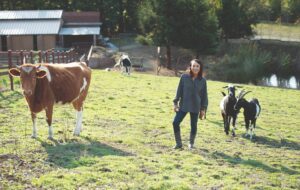
ADVICE FOR GIVING UP DAIRY CHEESE
Giving up cheese can be tricky (dairy protein contains a morphine-like compound that encourages cravings), but now more than ever there are myriad tasty alternatives. Miyoko points out that there’s no ‘one-size-fits-all’ vegan cheese and it’s important to buy the type of cheese for the purpose you need, whether that’s artisanal for a cheese board, melting for cooking with, or a particular flavour or texture to put in a sandwich.
“Just like in the dairy cheese category, not every cheese melts and not every cheese is good on a platter,” she says. “You have to find the product that fits the bill for what you’re trying to do. The higher-end products that are made from plant milks tend to be better for platters, for example.”
While consumers are keen to swap out dairy products for plant-based alternatives, there’s one major obstacle vegan cheese companies have to overcome, according to Miyoko. “The nutrition aspect is a challenge,” she says. “Most vegan cheeses are made out of just oil, starch, and artificial or natural flavour. So while the final product looks like cheddar or pepper jack, it’s devoid of nutrients.”
This is why Miyoko’s products are made with a plant milk, then use fermentation and similar technologies to dairy cheese. Yet Miyoko challenges the claim that consumers want vegan products to taste identical to their animal-based counterparts. “I beg to differ when people say a vegan cheese has to be just like cheddar or mozzarella,” she asserts. “Almond milk isn’t like dairy milk, but people don’t care. They aren’t necessarily looking for an exact replica, they’re looking for something that’s tasty and has a similar functionality to the food that they’re replacing.”
THERE’S MORE TO CHANGE THAN JUST CHEESE
While Miyoko is rightly hailed as a pioneer in the vegan cheese space (she was recently honoured in Forbes’ inaugural ‘50 Over 50’ list, adding to many other accolades over the years), she’s keen to point out that our focus needs to shift from products and technology to ourselves.
“It’s we humans who have to change,” says Miyoko, who begins each day spending time with the 70-plus rescued farm animals she cares for on her Rancho Compasión animal sanctuary near her home in northern California. “We can’t just swap out the products, we have to have a change of heart. We have to have compassion in our hearts and care about animals, the planet, and other people. Veganism is based in compassion, and for me this whole movement is an evolution of the human spirit to become truly humane beings.”
Images: Courtesy of Miyoko’s Creamery



